The closer the producer and the shorter the transport route, the better the eco-balance. One might think… Unfortunately, the eco-balance of our food is not that simple. Sun-ripened tomatoes from Sicily can be more environmentally friendly than Swiss organic tomatoes. But how can it be that organic is more harmful than conventional? And how does sustainable shopping work?
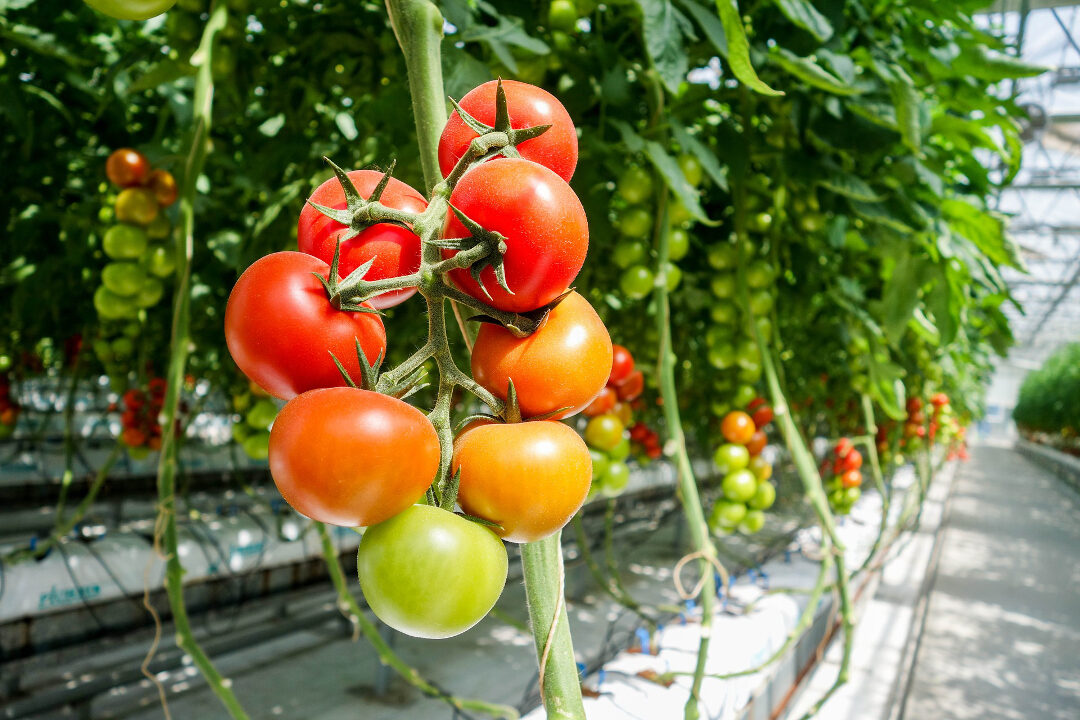
The journey is the destination
SRF-Espresso and WWF have addressed the question of how to shop sustainably.
It is clear that the organic standards in other countries are less strict or less well controlled than in Switzerland. The EU’s organic label even allows air transport, which has a correspondingly bad effect on the ecological balance of the food. As a consumer, you usually have no chance to find out how the food was transported. There is no obligation to declare the transport. Some wholesalers like Migros and Coop voluntarily label the rack/product if it came here by air transport. Lidl completely refrains from selling fruit and vegetables that have been flown in.
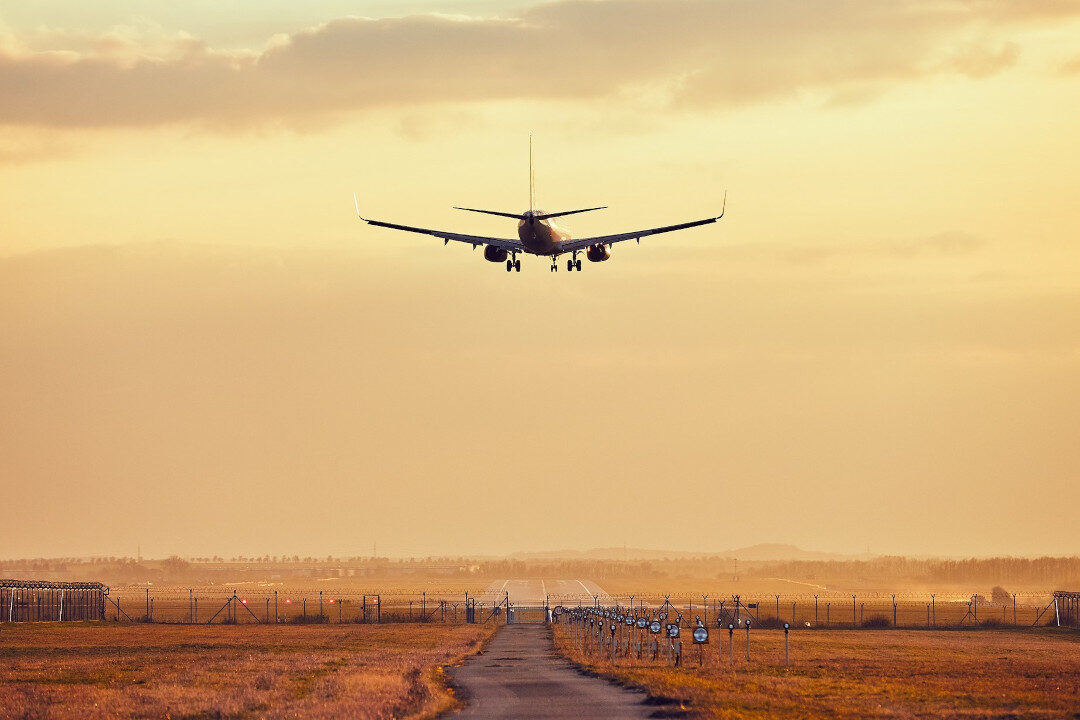
Season is trump
New Zealand apples and pears from South Africa are not uncommon here. And some people wonder why we transport them here from the other end of the world when they grow in Switzerland, too. But these fruits should not be demonised per se. Depending on the season, they even have a better eco-balance than their Swiss counterparts, provided they were transported by ship.
How can this be? In order for Swiss food to be available in the shops after its season, it has to be stored in cold storage for months. This costs energy, of course. And often New Zealand plantations are more productive with more fruit per tree.
Conclusion: The season is decisive. If you buy Swiss cherries in summer and Swiss apples in autumn, you are doing everything right. A seasonal table is available here.
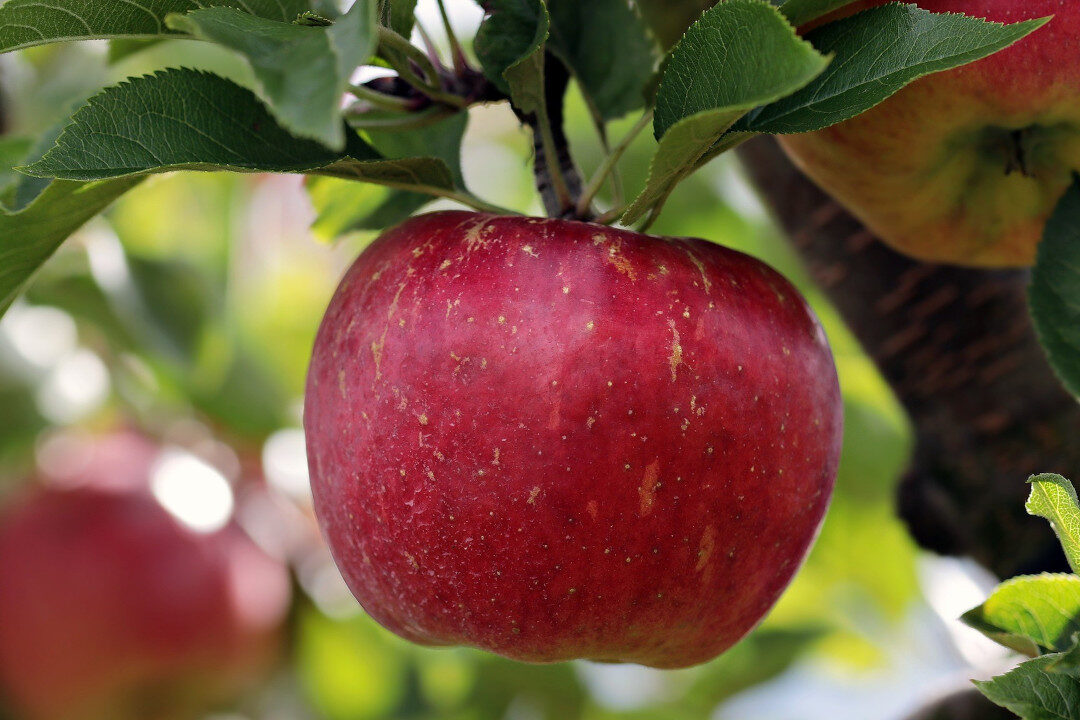
How to buy sustainably
What I learned: Not all organic is the same, New Zealand is not bad per se and freshly harvested food from the region is not only the most nutritious but also has the best eco-balance.
And so it may well be that a conventionally grown apple has a better eco-balance than an organic apple from abroad, which at best still came here by plane.
At the same time, I ask myself whether we really need the same assortment all year round. If we were to base our consumption more on seasonality, we would automatically have healthier and more environmentally friendly food. But of course this also requires a certain amount of sacrifice.
Further information:

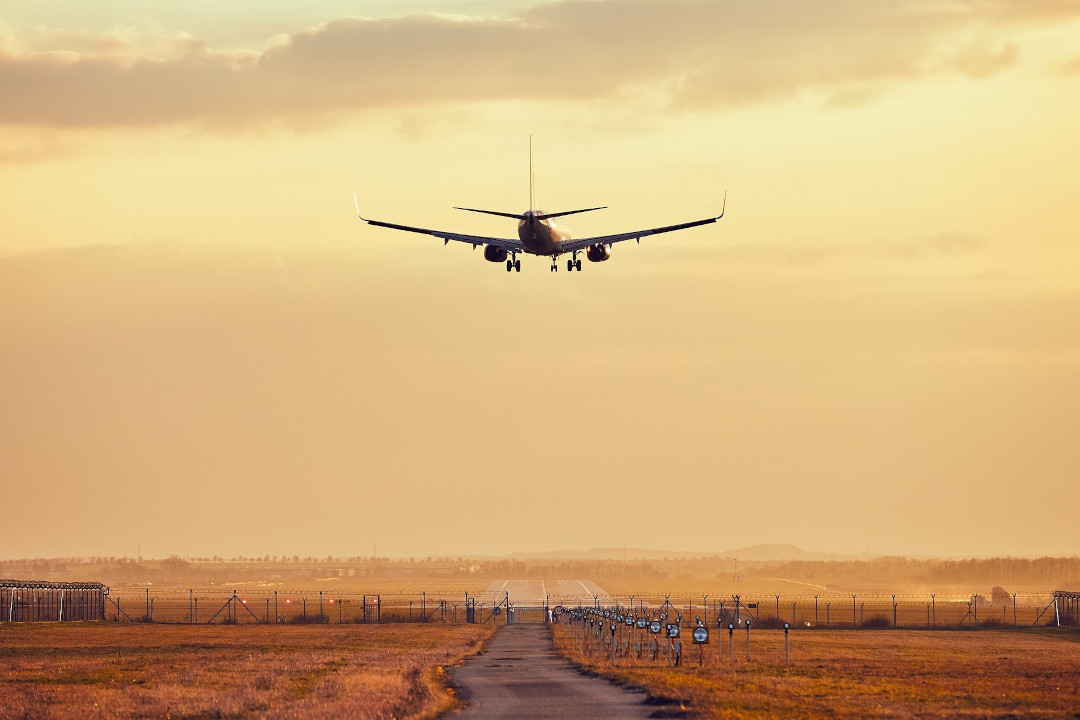



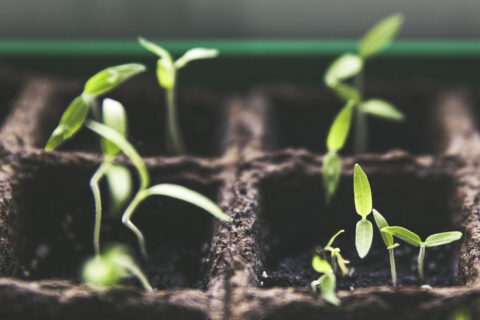


Leave a comment